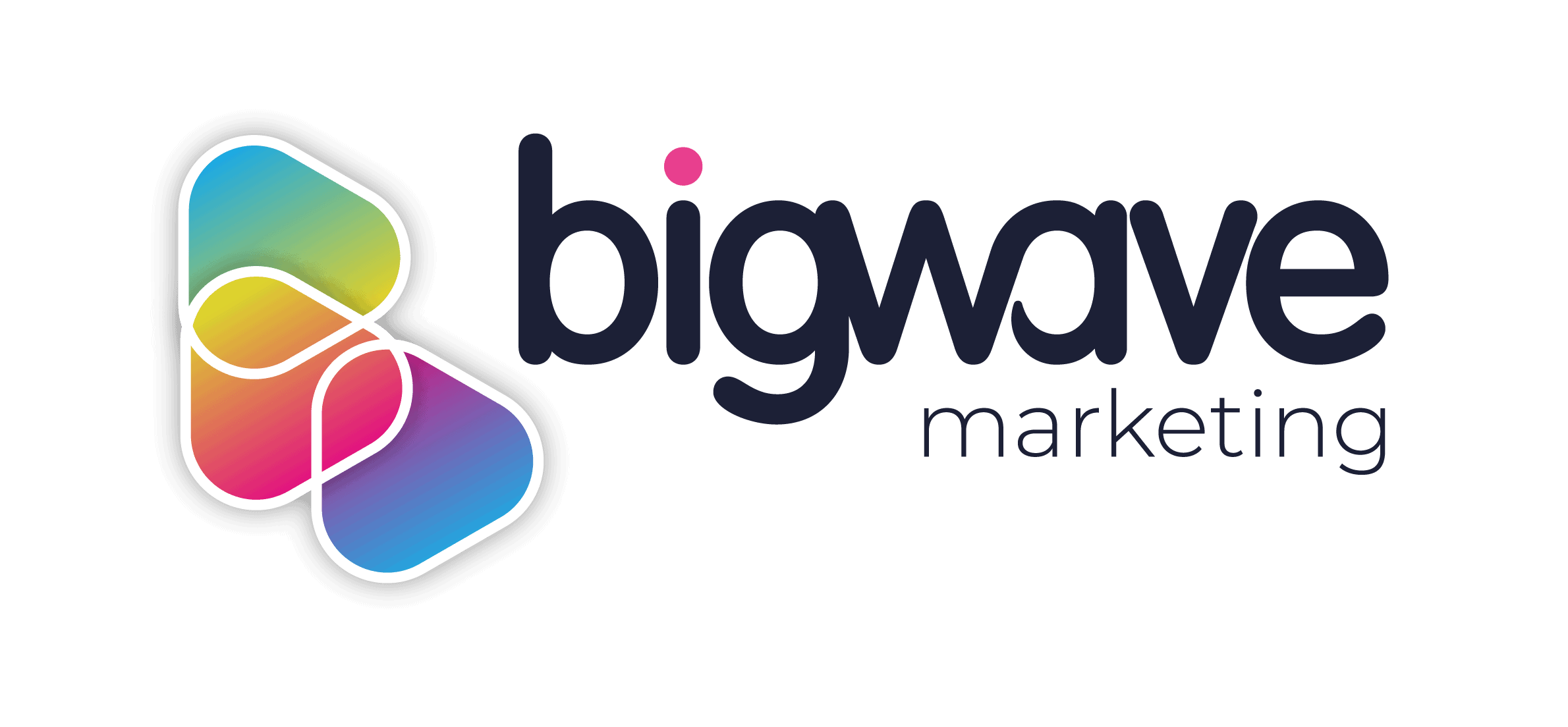Here at Bigwave media, we have such a wide range of passionate and skilled members of staff. Staff that are led by dedicated department managers and heads. We recently asked a selection of these heads about their roles within the company and questions relating to their field of work. First up is Head of Search, Tudor Rusmanica.
Tell us about yourself and your role within Bigwave media
As the Head of Search, my primary task is to lead the SEO, Paid Media, and Content Marketing teams. I am responsible for holistically driving how the business leverages these departments to engage existent and prospective consumers within the agency and on behalf of our clients. I spearhead these highly critical acquisition channels to ensure they align with both our agencies’ goals and our client’s business objectives.
I try to be a go-to thought-leader and visionary of the Search engine and Content Marketing teams by constantly keeping on top of the latest trends and strategies in digital marketing and by creating testing frameworks and departmental calendars and processes for achieving the business’s objectives.
I will also participate directly in activities such as paid search, SEO, display, retargeting, email and content marketing among other activities. I also work to identify and conduct the necessary research and tests and implement strategies and methods that will align the clients digital marketing activities with the overall goals of their business.
1. What is SEO?
Search Engine Optimisation is very simply an inbound, integrated digital marketing technique that revolves around increasing traffic and revenue from search engines. This can have a large set of implications across a large range of disciplines varying from technical and programming to copywriting, content marketing and social media as well as conversion rate optimisation.
2. Why is SEO so important for businesses?
I could list a hundred statistics on search engines and why SEO is important for every business under the sun, but I will only pick one, and it’s the one that is most impactful.
“93% of all online experiences start with a search engine.”
The reason this is important is that it means any business can find their target audience on a search engine. People are constantly looking for information on a problem they have, looking for reviews or a product, etc. See where I am going with this? Brands and businesses can use the organic search engine channel to capture their audience at every stage of the funnel with the right search engine marketing in place. And even with all the changes that search engines make every year, the organic traffic channel still remains the most cost-effective and profitable digital channel across any sized business with a digital presence.
SEO is also a disruptive marketing technique, allowing small businesses to put their foot in the door of established industries and build their authority, and allowing larger businesses to significantly increase revenue through even the smallest improvements to their digital assets.
3. What factors increase a website’s search engine ranking?
I won’t list all the ranking factors as there are quite a few of them, but I can easily bundle them up into 3 categories which should be the pillars of every SEO strategy:
- Technical
Website loading speed is one that is popular due to it being one of the few technical ranking factors disclosed by Google, and because it is a recent addition. But there are other important factors relating to Crawling, mark-up, indexing, domain properties, etc.
- Content
With content, it’s all about quality and relevance.
- Authority
The authority your website holds (or can demonstrate to search engines) on a subject and how much recognition or mention your website has received online.
In most cases, a successful SEO strategy means identifying the specific elements that contribute to these 3 areas and designing a plan to improve and grow these into an online entity/brand. Since search engines like Google have implemented artificial intelligence or machine learning technologies in their algorithms, we have found that these signals do not work in the same way in all industries and require the right research to be done depending on the website, the industry, and sometimes the individual keyword/search term or even by intent.
If reading this has helped you realise that SEO is a service that can help you develop your business or if you need support with your Paid Media, or Content Marketing then Tudor and his highly skilled and creative team are here to help you to achieve the results you want. Check out our website for more information on the services they provide.

